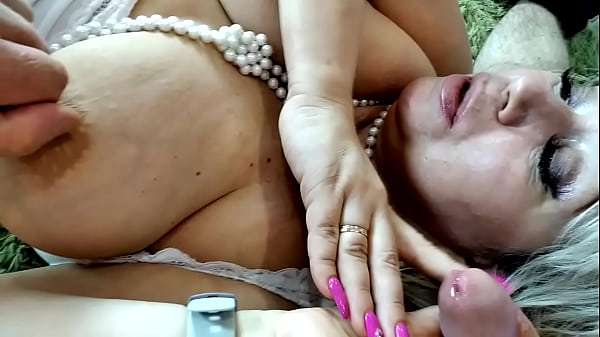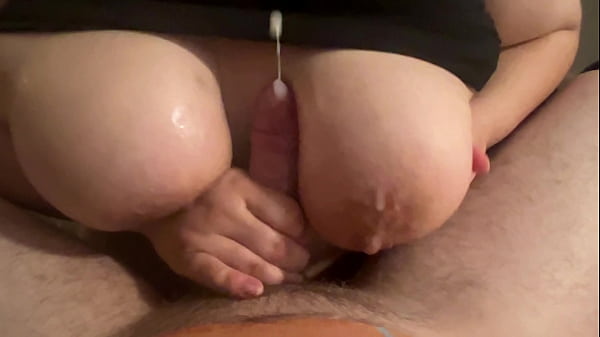Pet play is a form of roleplay in which individuals take on the persona or behaviour of an animal, often within a Dominant/submissive dynamic. Clinically, it is categorised within identity-based roleplay and psychological kink, with focus placed on behavioural expression, ritual, and emotional regression or obedience.
Variations include puppy play, kitten play, pony play, and more abstract animal archetypes. Some participants adopt specific gear such as collars, tails, or masks to embody their chosen pet identity. The Dominant partner may take the role of owner, trainer, or handler, with scenes ranging from nurturing care to behavioural correction or display.
Psychologically, pet play can offer a release from human expectations, allowing for playful freedom, non-verbal communication, or feelings of safety and structure. It may also deepen power exchange by creating clearly defined roles of dependence and authority.
Safety involves understanding physical limitations, particularly when engaging in animalistic postures or crawling. Mental readiness is also key, as scenes may involve emotional vulnerability or altered states. Aftercare supports the return to everyday roles and emotional grounding.
Related terms include roleplay, obedience training, collars, and submission, each of which may feature in or enhance aspects of pet play dynamics.








